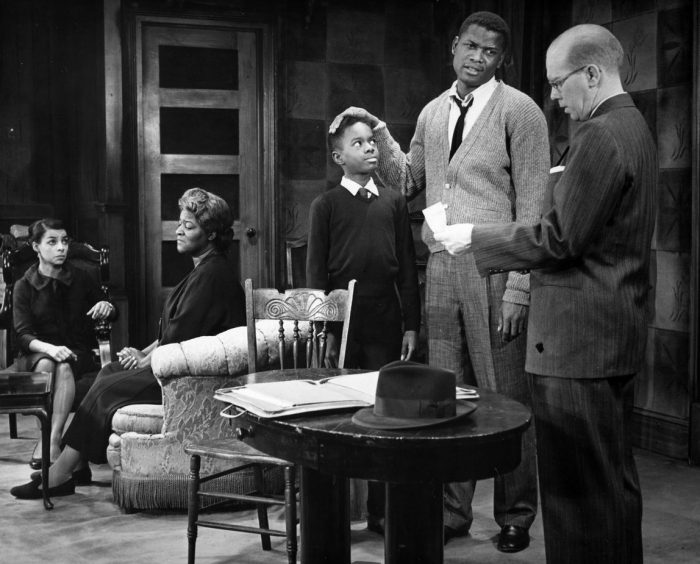A Few of Our Favorite Things: Benefits from the Theatrical Arts
08/06/2019
The first musical I remember seeing was Phantom of the Opera when I was eight-years-old. Although I was a tad frightened by the Phantom, and I didn’t quite understand the story-line, the musical still warmed my heart with its poetic lyrics and the angelic melodies. I was mesmerized by how this form of entertainment swept me away from reality and into this tragic love-story. My love for theater didn’t stop with simply reveling in this magic world of the arts, but rather motivated me to be part of it. I took acting classes, voice lessons, and auditioned for several roles I was less than qualified for. Despite rarely receiving the lead role or even being cast in a production, my love for theater has only continued to grow because theater isn’t just about expressing myself as a bird or a tree but, instead, connecting with the message that is presented.
In college, I took a variety of theater courses that further opened my eyes to the benefits of the arts. One play that I read was called A Raisin in the Sun that debuted on Broadway in the 1950’s. This show features the Youngers, a poor African-American family living on the south side of Chicago. It conveys the importance of dreams, especially to those who have undergone oppression. Shows like these allow audiences to connect with the story and reflect on the issues that people in society have and continue to face. This creative portrayal of oppression provides audiences with a new baseline for learning more about racial inequality by engaging the audience through the Younger’s story. Plays like A Raisin in the Sun allow the audience to empathize with the characters as the Youngers struggle with their pride, hopes, and journey of achieving the American Dream because of societal injustice.

These pieces of literature remind me that, although theater is a form of entertainment, there is so much more to it than just listening to endless showtunes on a loop. There is value, raw emotion, and important messages that playwrights expose to society in order to start or continue conversations that need to evolve.
Another important aspect I love about theater is how the literature is timeless. Shakespeare’s plays, for example, are still being taught in high school and college because of the universal themes such as love, honor and bravery. I not only studied Shakespeare in high school, but I also took a course in college where we dissected the language and found deeper meaning within the shows. While I had appreciated Shakespeare in high school, I did not fully understand the messages of each show, other than the well-known Romeo and Juliet.

In my college course, however, I not only found a deeper understanding of the shows through analysis and reflection, but I also finally realized how abiding these stories are. My class watched a modern adaptation of Much Ado About Nothing which echoed the idea that although this play had been written long, long ago, the messages of deception and honor still reign true today.
While theater may not be for everyone, it has allowed me the opportunity to expand my life perspective and appreciate more cultures, background, and history through the creative nature of this art.
— — —
Lana Kaczmarek
Posted in: A Few of Our Favorite Things | Inspiration Destination | Recreational
Tagged: A Raisin In The Sun | art | college | creative | editorial | hobbies | inspiration | literature | Much Ado About Nothing | perspective | Phantom of the Opera | plays | Shakespeare | theater | writing
